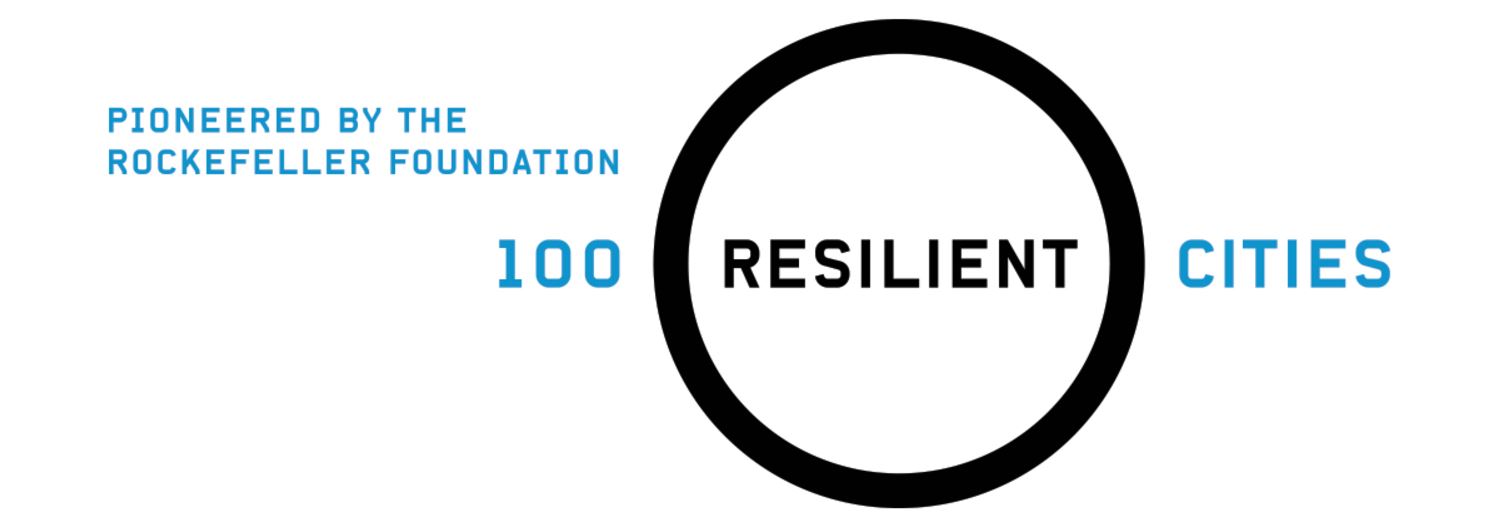What We Are Reading: How Cities Can Meet Migration Needs
The report referenced in this blog post can be found here from 100 Resilient Cities.

Globally, urban areas are experiencing the largest wave of human displacement since World War II. Due to war, persecution, and increasing natural disasters, many people have been forced to relocate as refugees or immigrants.
Most newcomers settle in cities, and mass migration now represents one of the greatest challenges for urban areas. West Michigan is no different, with increasingly large populations of both refugees and immigrant families.
Despite the challenges to cities, growing populations can greatly benefit urban areas. Research shows that “expanding populations have been the primary driver of rapid GDP growth in major cities and migrants account for a significant portion of this trend.” Because of this, Talent 2025 is working to make West Michigan more hospitable for new residents in terms of domestic, international, and refugee migration alike.
Adapting to Mass Migration
Growing populations can put stress on cities in both infrastructure and social climate. 100 Resilient Cities calls for cities to “reduce their reliance on crisis as a driver of change and, instead, proactively take the future into their own hands.” Cities should develop plans, programs, and policies to integrate and support migrant populations before problems emerge and assume large numbers of people will continue to settle in their cities.
The report outlines a number of strategies for cities in the age of migration, such as:
- Designing infrastructure with migration in mind
- Establishing a city-level office for integrating newcomers successfully
- Controlling and promoting a positive narrative of migration
- Promoting initiatives that foster interaction between new and existing populations
- Addressing newcomers’ needs while promoting initiatives that reduce competition
- Improving access to financial services for newcomers
- Supporting immigrant-owned businesses
- Campaigning to receive policy and funding to support migrant reception.
Why This Information Matters to Employers
Immigrants and refugees represent a pool of potential talent for employers. With the right to work, newcomers can boost the productivity of a region with increased purchasing power, access to educational opportunities, and innovative ideas.
Learn more by reading the full article from 100 Resilient Cities.


